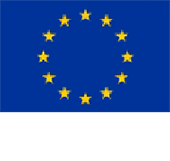Salsnes Filter AS with head office in Namsos, Norway, was founded in 1991 and is now a major supplier to municipal wastewater treatment plants along the Norwegian coastline, and the market leader in the Norwegian market for primary treatment applications, with more than 100 WWTP’s in operation in Norway.
The Salsnes Filter mesh sieve is also currently in use in various industrial applications, such as Food Processing Industry, Pulp and Paper Industry and the Fish Farming sector. Salsnes Filter is now one out of 6 companies of the Trojan Technologies group of Danaher corporation, and the international marketing and sale has recently been organized by the world-wide Trojan partnerships. Salsnes has also focus on sludge handling and has developed a separate sludge screw-press to dewater sludge into a very high total solids concentration. Salsnes has developed a unique fine mesh sieve system for treatment of municipal and industrial wastewater, a mechanical wastewater treatment system, with integrated thickening and sludge dewatering. The patented filter technology is a very compact unit for mechanical separation of suspended solids from wastewater. With the integrated sludge dewatering unit, Salsnes Filter wastewater treatment processing plants meet the highest standards and the specifications of the European Commission for reduction of waste effluents (primary treatment). Salsnes Filter has significant experience from extensive national and international R&D activities, incl FP6 and FP7 projects.




